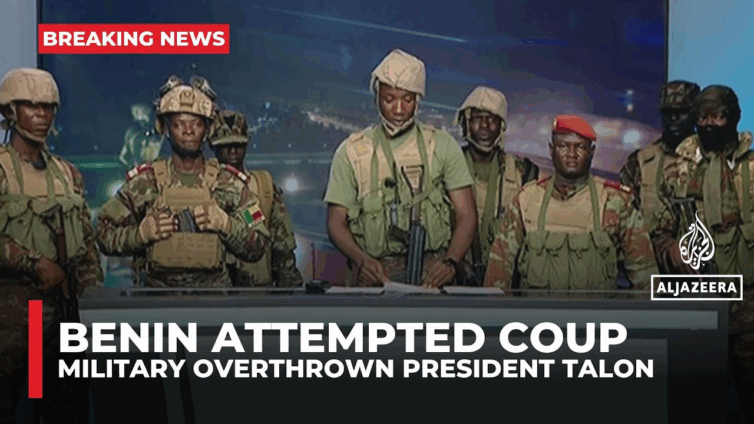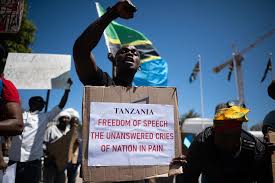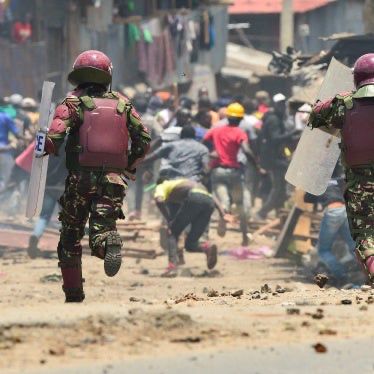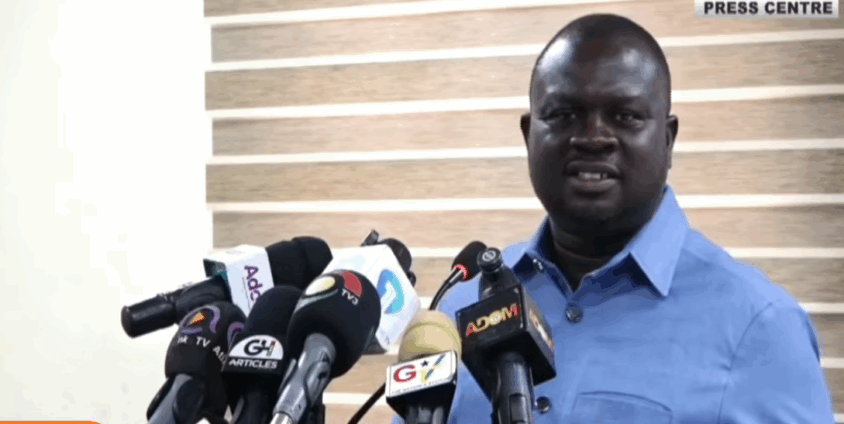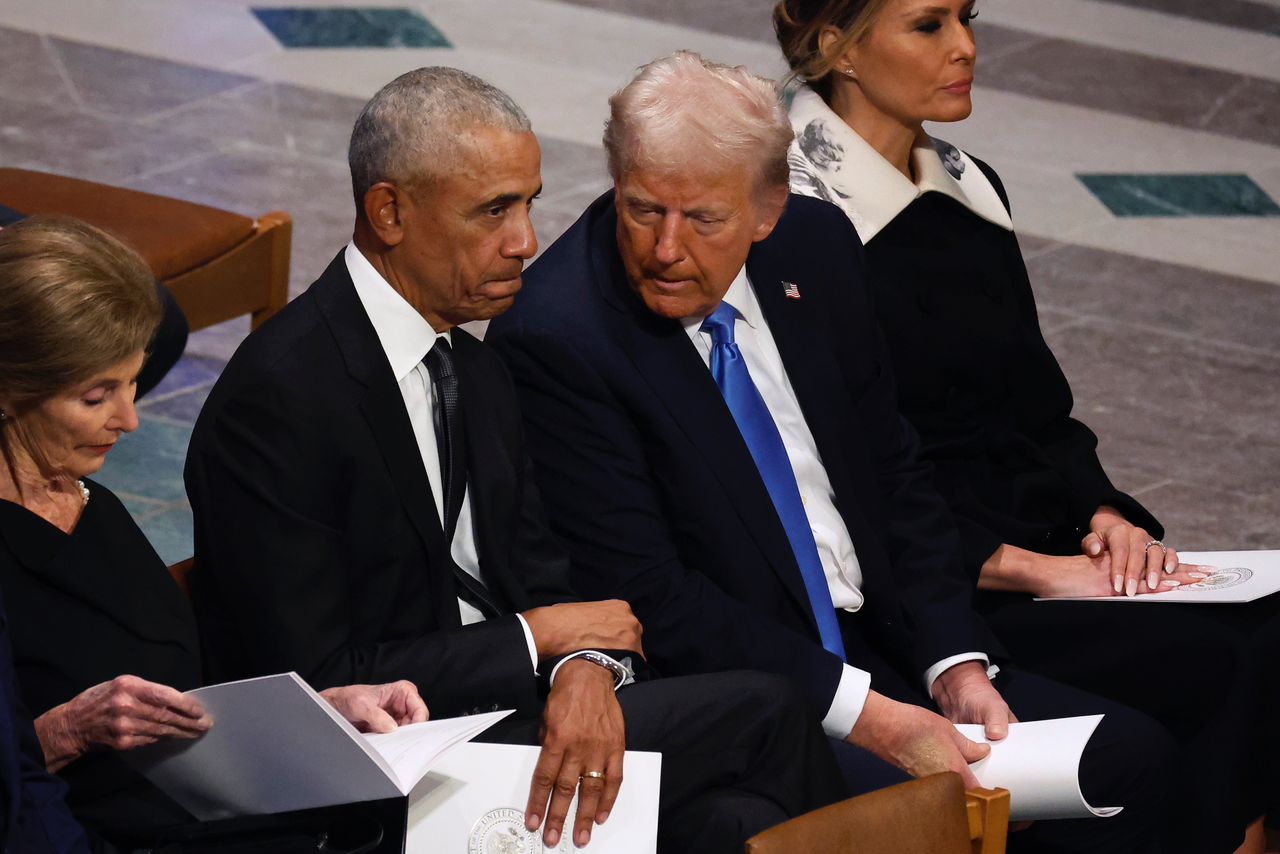Tanzania's Suluhu Administration Plunges into Crisis Amid Protests and Free Speech Clampdown
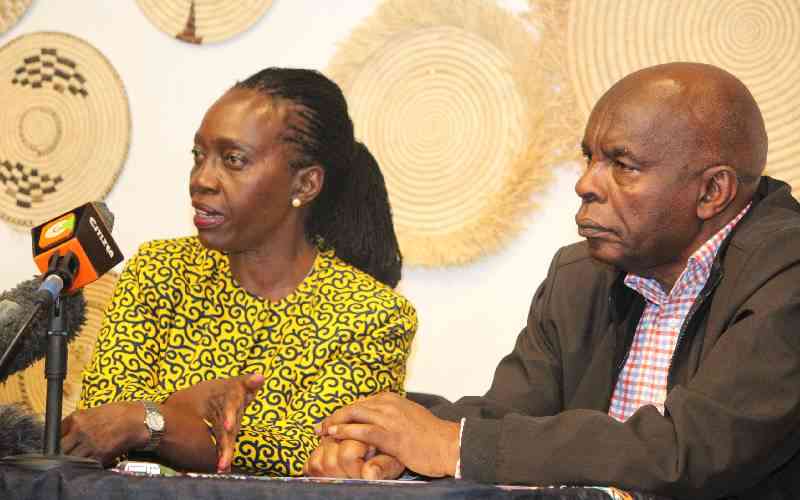
The events surrounding Tanzania's general election in late October and early November 2025 have drawn grave concern from human rights defenders across East Africa, who describe the situation as a state-sanctioned massacre. Leaders like Martha Karua of the People's Liberation Party and former Makueni Governor Kivutha Kibwana have accused neighboring governments of complicity or indifference, effectively turning a blind eye to widespread violence. A media briefing held in Nairobi on November 2, 2025, highlighted these escalating concerns.
Kivutha Kibwana, speaking on behalf of regional human rights organizations, painted a grim picture of Tanzania being under a "digital and humanitarian blackout." He stated that for five days, the country had experienced a total internet shutdown, silenced journalists, and confiscated CCTV footage, calling it "not just repression; it’s the systematic destruction of truth." Rights groups fear at least 700 people have died, thousands are injured or missing, and hundreds more detained, all in an effort by authorities to quash opposition voices. Activists vehemently dismiss the Tanzanian government's insistence that the election was peaceful and credible, with Kibwana declaring it "a massacre dressed up as democracy."
Further allegations suggest that the crackdown received support from operatives in nearby states, involved in intelligence sharing and logistics. Kibwana warned that this indicated a "dangerous regional trend — governments collaborating to crush democracy." Disturbing images and videos, reportedly smuggled out despite the communication blackout, depicted victims of police and military brutality, adding weight to these claims. Reports also emerged of masked armed men, bearing no visible insignia, patrolling the streets of Stone Town on October 30, 2025, further illustrating the tense atmosphere.
Despite the violent reality and severed internet, Tanzania’s electoral commission declared President Samia Suluhu Hassan’s re-election on a Friday, with near-unanimous margins, a result that starkly contrasted the post-election violence witnessed across the nation since Wednesday. This declaration further fueled criticism from human rights advocates. Martha Karua specifically condemned the silence of regional and continental bodies, including the African Union (AU) and the East African Community (EAC). She argued that by congratulating Tanzania after such a contentious election, these institutions had "abandoned the very foundations they stand on - the rule of law, human rights, and democracy," and that such an act "tells us tyranny is now being rewarded as legitimacy."
In a counter-narrative, the Tanzanian police service issued a statement dated Sunday, November 2, alleging that several unnamed foreigners had illegally entered the country, disguised as businesspeople (including 'bodaboda' operators), with the intent to plot and escalate protests in regions such as Arusha, Dar es Salaam, Mbeya, Mwanza, and Songwe. The police spokesperson warned against illegal entry and urged Tanzanians hosting unknown foreigners or witnessing suspicious activities to report them immediately to local government leaders or police stations, threatening strict action for non-compliance. The police affirmed their intention to work jointly with the military to ensure national safety and peace. Amidst these tensions, Pope Leo XIV appealed for peace in the "war-torn East African nation" on Sunday evening, calling on warring parties to resolve differences amicably and urging Christian faithful to pray, acknowledging the loss of lives due to the violence stemming from the disputed presidential elections.
You may also like...
Super Eagles Fury! Coach Eric Chelle Slammed Over Shocking $130K Salary Demand!
)
Super Eagles head coach Eric Chelle's demands for a $130,000 monthly salary and extensive benefits have ignited a major ...
Premier League Immortal! James Milner Shatters Appearance Record, Klopp Hails Legend!

Football icon James Milner has surpassed Gareth Barry's Premier League appearance record, making his 654th outing at age...
Starfleet Shockwave: Fans Missed Key Detail in 'Deep Space Nine' Icon's 'Starfleet Academy' Return!

Starfleet Academy's latest episode features the long-awaited return of Jake Sisko, honoring his legendary father, Captai...
Rhaenyra's Destiny: 'House of the Dragon' Hints at Shocking Game of Thrones Finale Twist!

The 'House of the Dragon' Season 3 teaser hints at a dark path for Rhaenyra, suggesting she may descend into madness. He...
Amidah Lateef Unveils Shocking Truth About Nigerian University Hostel Crisis!

Many university students are forced to live off-campus due to limited hostel spaces, facing daily commutes, financial bu...
African Development Soars: Eswatini Hails Ethiopia's Ambitious Mega Projects

The Kingdom of Eswatini has lauded Ethiopia's significant strides in large-scale development projects, particularly high...
West African Tensions Mount: Ghana Drags Togo to Arbitration Over Maritime Borders

Ghana has initiated international arbitration under UNCLOS to settle its long-standing maritime boundary dispute with To...
Indian AI Arena Ignites: Sarvam Unleashes Indus AI Chat App in Fierce Market Battle

Sarvam, an Indian AI startup, has launched its Indus chat app, powered by its 105-billion-parameter large language model...
